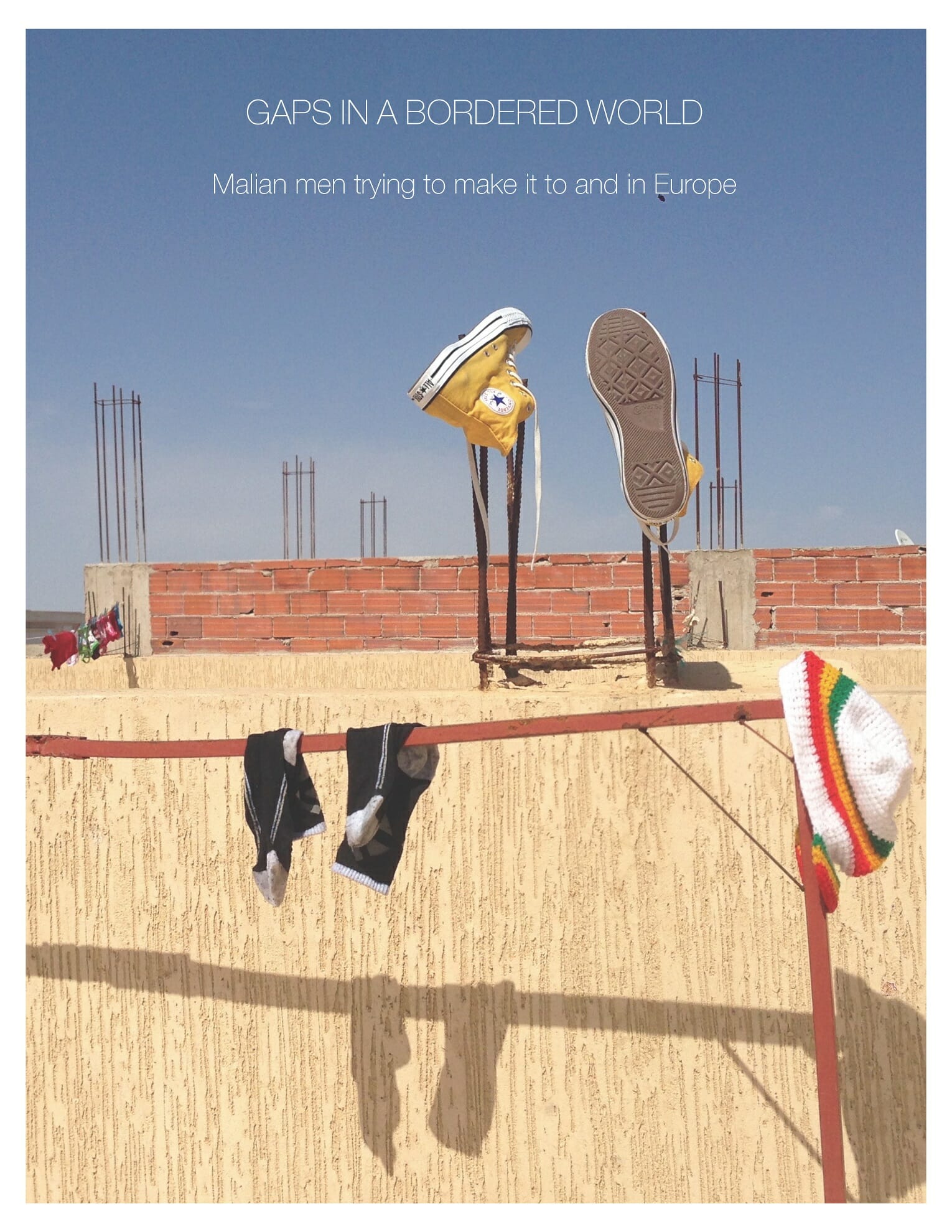Universitetsavisen
Nørregade 10
1165 København K
Tlf: 21 17 95 65 (man-fre kl. 9-15)
E-mail: uni-avis@adm.ku.dk
Ph.d.-forsvar
Ph.d.-forsvar — Line Richter defends her PhD thesis "GAPS IN A BORDERED WORLD. Malian men trying to make it to and in Europe
Date & Time:
Place:
University of Copenhagen, Centre for Health and Society, Øster Farimagsgade 5, 1353 Copenhagen K, room 35.3.12.
Hosted by:
Department of Anthropology
Cost:
Free
Candidate
Line Richter
Title
“GAPS IN A BORDERED WORLD. Malian men trying to make it to and in Europe“. A copy of the the dissertation is available for reading at the Department of Anthropology, room 16.1.50.
Time and venue
7 May 2018 at 14:00. University of Copenhagen, Centre for Health and Society, Øster Farimagsgade 5, 1353 Copenhagen K, Room 35.3.12. Kindly note that the defence can last no longer than 3 hours, and that it will start precisely at the announced time. The Department of Anthropology will host a reception after the defence in Orangeriet between building 4 and building 26.
Assessment committee
Abstract
At a time of a so-called ‘migration crisis’ with a considerable focus on ‘migration flows’ from Africa to Europe, this dissertation sheds much-needed light on the lived lives of the people who are often portrayed in death-defying dinghies on the Mediterranean Sea or as dead bodies washed ashore. Based on twelve months of ethnographic fieldwork in Mali, Algeria, Morocco and France among men who are looking to leave or have already left Mali, I seek to explore how they live in and move through landscapes that are bordered, both socially and politically, in different ways. The multi-sited nature of this study provides a unique insight into the entire trajectory from West Africa to Europe. The central argument of the dissertation is that, throughout these sites where the men live and dwell, they are trying in various and different ways to get to a place from where a future becomes possible. By moving away from dominant narratives of ‘crises’ and ‘migrantness’, I show how the Malian men lead ordinary lives in sometimes extraordinary circumstances. This has, for example, led me to see how some of the men become involved in facilitating illegal border crossings, and how this involvement should not be seen as particularly ‘abject’, but rather kind of ordinary. The concept of endurance opens up to an analysis that take into account how the men live in (continuously) difficult circumstances. The concept of gaps opens up to how the men try to disrupt these circumstances (often by escaping them), and try to ‘sort out the future’, as one interlocutor said. Or in other words, how they try to find gaps in a bordered world.
